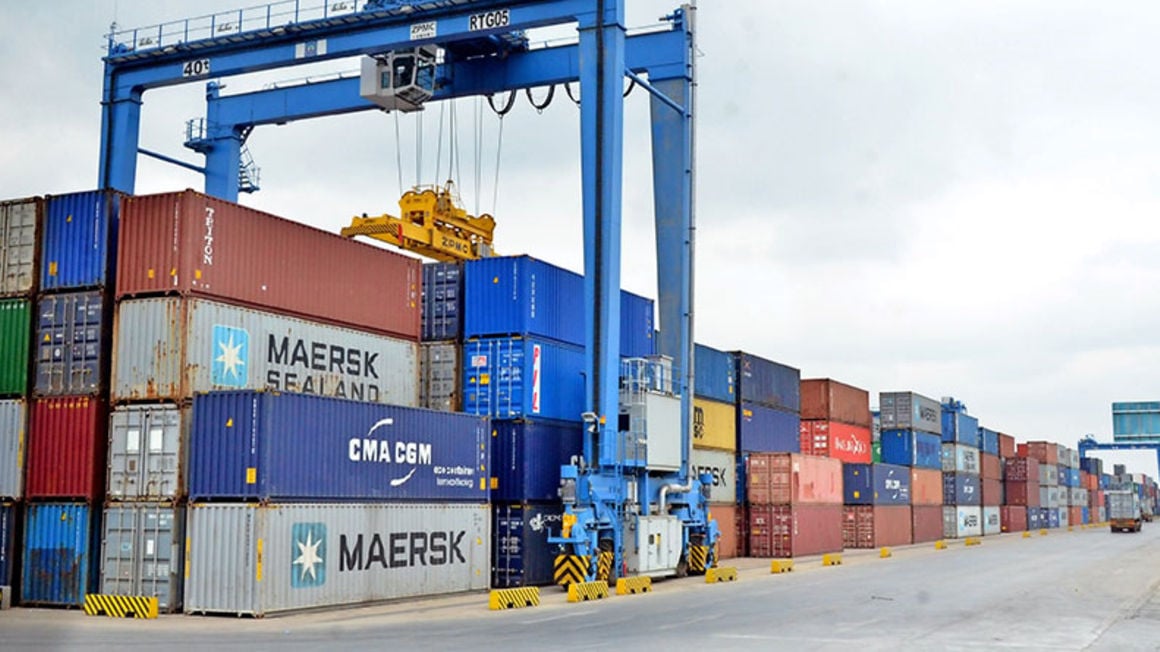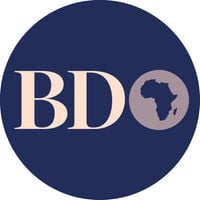
Kenya is a net import of goods, spending on imports more than twice the export earnings. FILE PHOTO | NMG
Summary
- Central Bank of Kenya data shows that the current account deficit as a percentage of gross domestic product (GDP) stood at 4.9 per cent by the end of October, to 5.3 per cent at the end of October 2019.
- It also narrowed compared to the end of September, when the deficit stood at five per cent.
- Kenya is a net import of goods, spending on imports more than twice the export earnings. A fall in the import bill, therefore, has a big impact on the current account.
Kenya’s current account deficit for the 12 months to October narrowed compared to a year earlier, helped by resilient agriculture exports and diaspora remittances amid a fall in the fuel import bill.
Latest Central Bank of Kenya data shows that the current account deficit as a percentage of gross domestic product (GDP) stood at 4.9 per cent by the end of October, to 5.3 per cent at the end of October 2019.
It also narrowed compared to the end of September, when the deficit stood at five per cent.
The current account measures the balance between the country’s foreign exchange inflows and outflows — registering as a deficit when outflows exceed inflows. Inflows come in the form of export earnings, diaspora remittances and investment inflows, while import and external payments constitute the bulk of outflows.
“Imports have declined by 13 per cent in the January to October period relative to 2019, reflecting mainly lower oil imports,” said CBK governor Patrick Njoroge in a briefing last Friday.
“Chemical imports have increased by three per cent while manufactured goods have fallen by nine per cent. Machinery and transport goods imports have also fallen, by 16 per cent.”
He added that remittances have remained robust, rising by nine per cent in the January to October period to $2.54 billion (Sh279 billion) compared to the similar period in 2019.
Flower exports have also recovered following their Covid-19 led plunge in the second quarter of the year, after key markets in Europe reopened their economies following lockdowns meant to curb the spread of the virus.
Kenya is a net import of goods, spending on imports more than twice the export earnings. A fall in the import bill, therefore, has a big impact on the current account.
The narrowing deficit offers hope to the shilling, which this year has depreciated by about 8.5 per cent against the dollar and is still under pressure.
The fall in the import bill helps the shilling by reducing the demand side pressure for hard currency by importers, while higher export earnings help to replenish the country’s limited stockpile of hard currency.



No comments:
Post a Comment